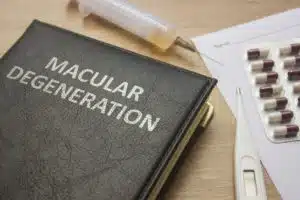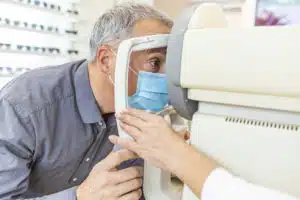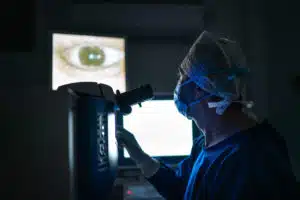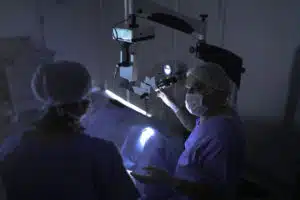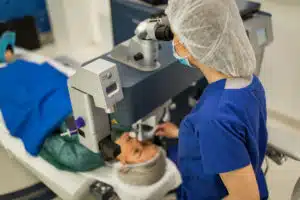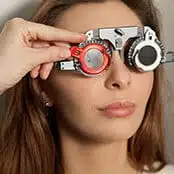Getting the best eye care involves choosing the best doctor for your particular vision needs. Some doctors are ideal for basic vision care, whereas others are preferred for more specialized eye-health issues. Let’s talk about the main differences between the two types of eye doctors, and where you can go here in Washington for the…
Blog
Are Your Eyes Dry and Tired? Why Visit an Eye Specialist in St. Louis
Wondering why you have that burning or scratchy sensation in your eyes? Are they getting easily tired and sensitive to light? You may have what is known as dry eye syndrome. This condition occurs when your tear glands aren’t producing either an adequate amount of tears or good quality thereof to properly lubricate your eyes….
Want Better Vision? Consider These Tips
We use our eyes all the time, yet we tend to overlook our eye health. We forget that having a good vision has a huge impact on our overall happiness and well-being. Improved physical abilities, driving skills, learning and understanding, and overall quality of life are some of the benefits of having good vision. Having…
How to Pick the Right Oculoplastic Surgeon
An oculoplastic surgeon is an ophthalmologist who specializes in both the plastic and the reconstructive surgery of the tissues in the periorbital region of the face (tear glands, eyelids, eyebrows, and the eye socket). Some of the most common conditions addressed by oculoplastic surgeons include ptosis (drooping eyelids); entropion (condition that causes the eyelids turn…
Age-Related Macular Degeneration Prevention and Treatment
Age-related macular degeneration is one of the leading causes of vision loss in people over 50 years old. This eye disease affects the macula, the back part of the retina controlling central vision. The macula is responsible for sending images from the optic nerve to the brain. Damage to the macula causes a blurry or…
Risk Factors of Macular Degeneration
Have you been experiencing vision changes, such as unusual blurring or distortion? Are these changes beyond just a lack of focus and clarity as is typical of presbyopia (farsightedness) or myopia (nearsightedness), but rather a lack of being able to see things in the center of your vision? If so, then you might have a…
Reasons to Visit an Oculoplastic Surgeon
An oculoplastic surgeon is an ophthalmologist with advanced training in plastic and reconstructive surgery of the structures around the eye: the eyelids, orbit (bony cavity around the eye), lacrimal (tear) glands, among others. Because they are essentially ophthalmologists, oculoplastic surgeons complete a residency program, but they undergo another two years of fellowship-training in oculoplastic surgery….
Preparing for Your LASIK Eye Surgery
LASIK eye surgery is a laser procedure for correcting refractive errors, such as astigmatism, nearsightedness, and farsightedness. Refractive errors occur when the shape of your eye does not bend light correctly, causing you to have blurred vision. If you’ve been having any of the vision problems mentioned above and finally contemplating a LASIK eye surgery,…
Different Types of Glaucoma
Glaucoma is a leading cause of irreversible blindness in the United States, and it currently affects more than three million Americans. Glaucoma is an umbrella term referring to a cluster of related eye conditions that cause damage to the optic nerve, which sends visual signals from your eye to your brain. It is usually related…
Are you a candidate for cataract surgery?
Cataracts can cause your vision to become blurry, making it difficult to make out what you’re reading or seeing things from afar. Cataracts are not only dangerous, but can severely affect your quality of life. The transition from having good eyesight, even with the help of glasses and contact lenses, to blurry or cloudy vision…





